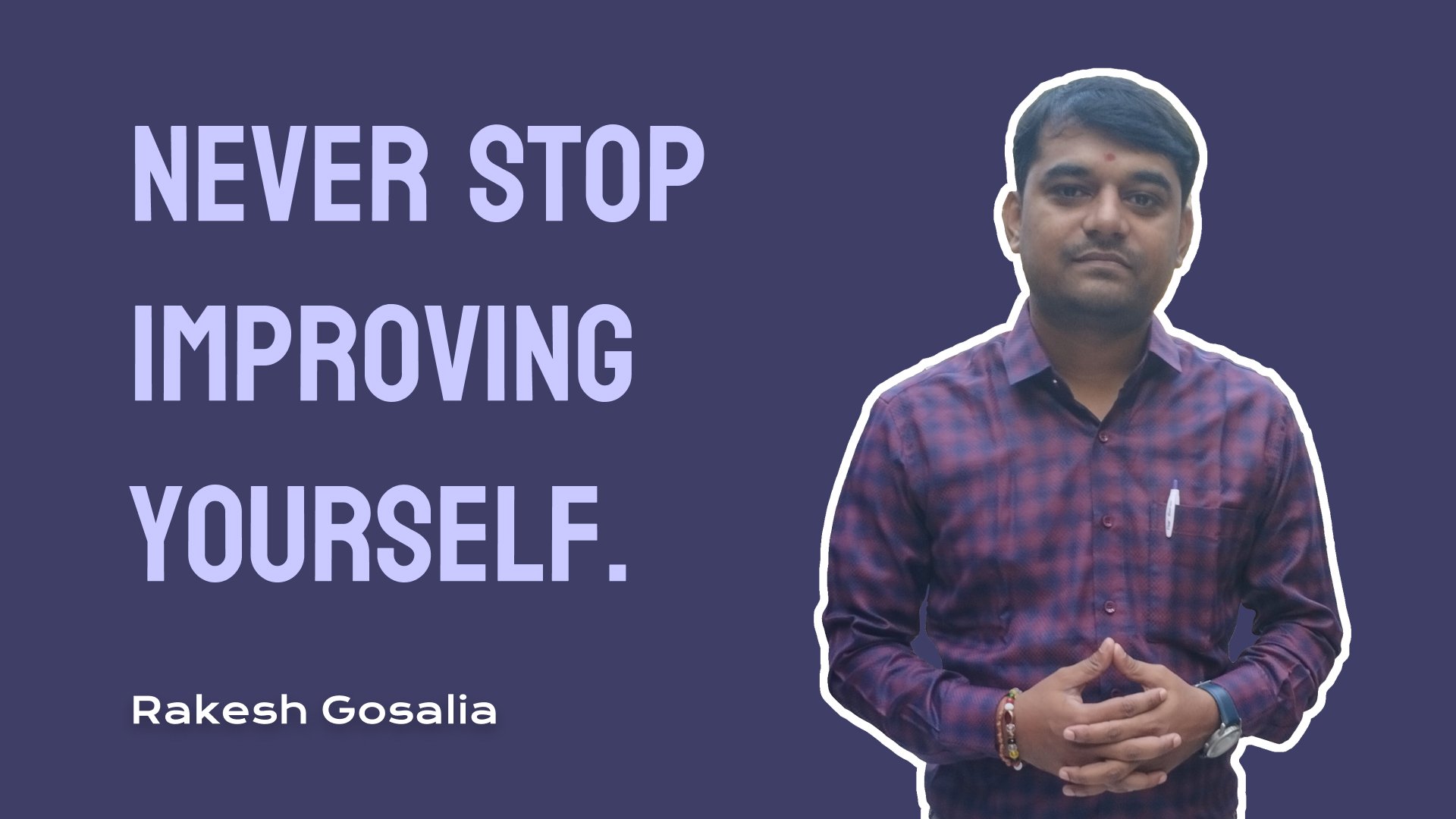
Company Top Management: Roles & Responsibilities
A company’s top management plays a crucial role in driving business success by making strategic decisions, managing operations, and ensuring growth. These key positions require strong leadership, vision, and responsibility to guide the organization toward achieving its goals.
1. Chief Executive Officer (CEO)
Duties & Responsibilities:
- Develops and executes the company’s vision, mission, and overall strategy.
- Makes high-level strategic decisions.
- Represents the company to investors, stakeholders, and the public.
- Ensures operational efficiency and business growth.
- Collaborates with the executive team to set goals and policies.
2. Chief Operating Officer (COO)
Duties & Responsibilities:
- Oversees daily operations and ensures business processes run efficiently.
- Implements company strategies developed by the CEO and executive team.
- Improves productivity and operational effectiveness.
- Manages different departments to ensure alignment with company objectives.
- Reports directly to the CEO.
3. Chief Financial Officer (CFO)
Duties & Responsibilities:
- Manages the company’s financial planning, budgeting, and forecasting.
- Ensures financial stability and profitability.
- Oversees accounting, financial reporting, and compliance.
- Develops investment and risk management strategies.
- Advises the CEO on financial decision-making.
4. Chief Marketing Officer (CMO)
Duties & Responsibilities:
- Develops and oversees marketing and branding strategies.
- Conducts market research to understand consumer trends and competition.
- Manages advertising, promotions, and public relations campaigns.
- Works with sales teams to drive revenue growth.
- Enhances customer engagement and brand loyalty.

5. Chief Technology Officer (CTO)
Duties & Responsibilities:
- Oversees the company’s technological development and innovation.
- Develops IT strategies to enhance business operations.
- Ensures cybersecurity and data protection measures are in place.
- Leads research and development (R&D) initiatives.
- Collaborates with other executives to integrate technology solutions.
6. Chief Human Resources Officer (CHRO)
Duties & Responsibilities:
- Manages recruitment, employee relations, and talent development.
- Develops company policies, workplace culture, and employee benefits.
- Ensures compliance with labor laws and ethical business practices.
- Implements training and professional development programs.
- Works on employee retention and workplace satisfaction.
7. Chief Information Officer (CIO)
Duties & Responsibilities:
- Manages the company’s IT infrastructure and systems.
- Ensures efficient use of technology to streamline operations.
- Implements data management and digital transformation strategies.
- Enhances cybersecurity and IT risk management.
- Aligns technology with business objectives.
8. Chief Legal Officer (CLO)
Duties & Responsibilities:
- Ensures legal compliance with corporate laws and regulations.
- Provides legal counsel to the executive team.
- Manages contracts, negotiations, and litigation matters.
- Protects company intellectual property and handles regulatory issues.
- Advises on risk management and corporate governance.
Conclusion
Each top management role plays a vital part in a company’s success, ensuring that operations, finance, technology, marketing, and human resources align with strategic goals. Effective leadership and collaboration among these executives drive innovation, efficiency, and long-term growth.






